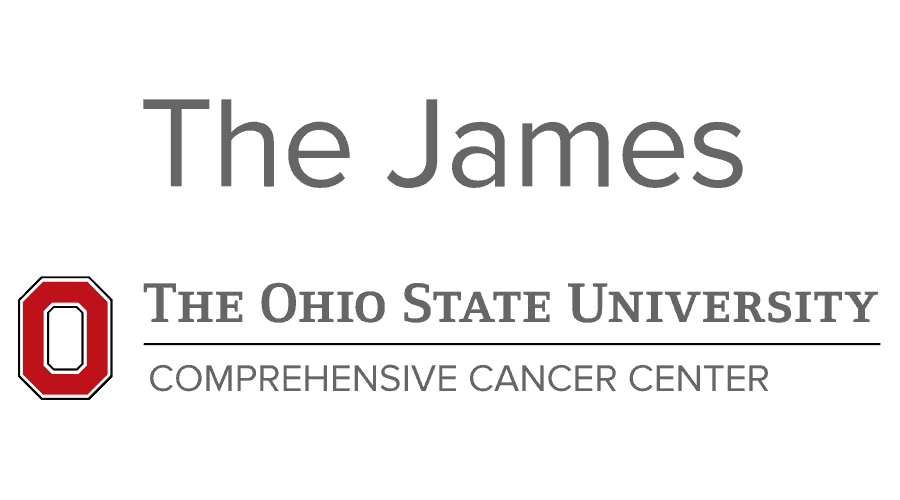
Addressing COVID-19 Vaccine Hesitancy In BIPOC Patients with Cancer

Answering questions without judgement and showcasing community members who have received the COVID-19 vaccine without negative outcomes can help alleiviate vaccine-related fears and concerns in BIPOC patients with cancer.
Providers can address vaccine hesitancy by not being judgemental about concerns people may have, explained Chastity M. Washington, MPH, CHES, director at the Center for Cancer Health Equity, The University of Ohio Comprehensive Cancer Center, James Cancer Hospital.
Washington presented on Cancer Health Equity in the COVID-19 Era at
She shared that “if people know someone who has had the vaccine and been okay, or they’ve experienced someone who has had COVID-19, unfortunately, and had a negative outcome, that sort of encourages them, but traditionally in some of these communities there’s medical distrust…[and] that plays a part [in the hesitancy].
“[With] a lot of the media attention around the vaccine, while it's great to get that information out, if you’re a lay person, you may not understand all of that information,” she noted. “So, we’ve heard things about there being a microchip in the vaccine, which I think stemmed from one of the ingredients, [which] being a lipid, had the word nano in it, so people thought nanochips, nanotech, etc. [But], just ensuring people that that is not what is in the vaccine, that the vaccine is safe, answering questions without being judgemental about the things that they believe about the vaccine, is [all] very important. [And] having those role models [who] have had the vaccine who look like them or are from their communities who haven’t had any negative effects, I think that’s important. We’ve done a lot of that here, by promoting a lot of our staff who are from different communities, showing them getting the vaccine, getting them answers, answering questions, doing things virtually through things like facebook live.”
According to Washington, “really answering questions, and showing them people who have had [the vaccine] and been okay, and explaining the difference between different vaccines and explaining that messenger RNA has been around for a while” can have a tremendous impact.
Newsletter
Knowledge is power. Don’t miss the most recent breakthroughs in cancer care.


































